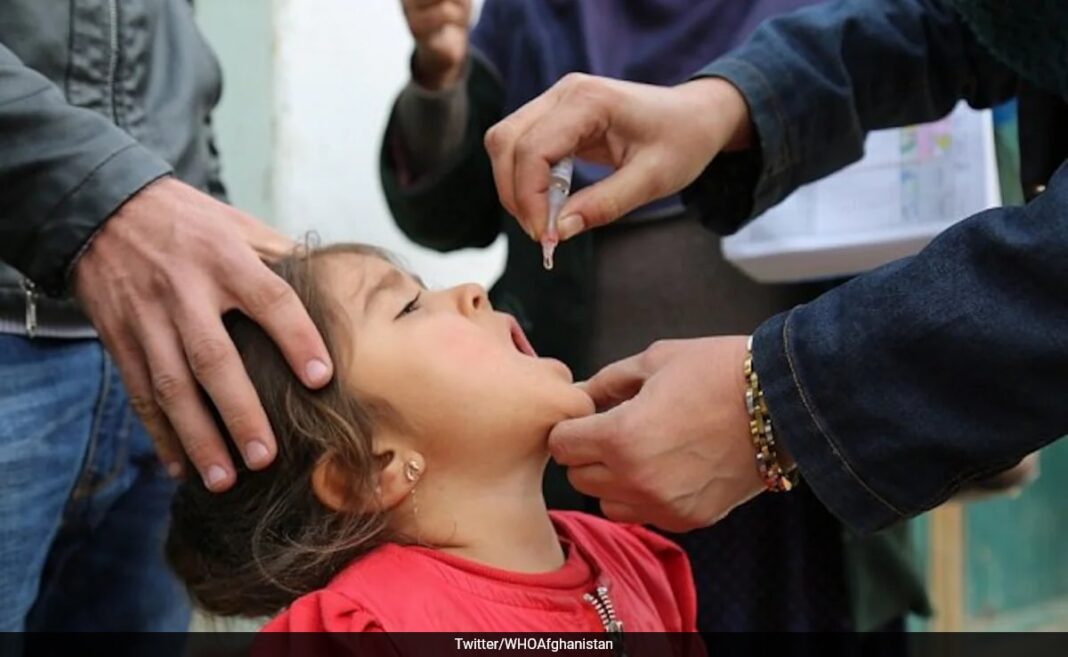[
]

Afghanistan’s fight against polio has taken a hit because the Taliban, who control the nation’s government, decided to halt the vaccine campaign there. This decision was taken only a few days before the vaccine campaign was scheduled to begin. Given that Afghanistan has confirmed 18 cases of polio this year, the World Health Organisation’s report presents a serious setback to the country’s efforts to eradicate the disease. Three times as many cases as there were in 2023 (six total). Since the virus is among the most contagious in the world, any unvaccinated child populations where the virus is expanding have the potential to reverse years of progress.
“The reason behind the postponing of the polio campaign is the issues with the modality of implementation,” the health official explained to The Guardian on condition of anonymity. “The leadership of the current government has ordered us to not conduct door-to-door campaigns.”
Instead, the Taliban government wants to shift vaccination efforts to local mosques, with the expectation that families would bring their children to get doses.
“This is very bad news for the polio programme,” the official said. “For the eradication to be successful, we need to cover more than 95% of the children with two doses of the vaccine.
“But without the door-to-door campaigns, we will not be able to reach [that target]. It puts the whole country at risk, even the region.”
According to The Guardian, while the Taliban have banned women from working in various sectors, women in healthcare have largely been allowed to remain in their jobs.
However, the healthcare worker said: “Women in the southern region face restrictions from local authorities in participating in the programme, particularly in the rural areas.”
The health official agreed. “Women have been crucial to the success of the door-to-door campaigns and raising awareness of the vaccines among mothers and families since, in a deeply conservative society, men would not be allowed into those spaces,” they said.
According to the United Nations, Afghanistan and Pakistan are the only two remaining polio-endemic countries in the world. In Afghanistan, despite continuous concerted efforts by the polio program to achieve polio-free status, the battle to finish the last mile has become a pivoting challenge, resulting in an increase in the number of polio cases during the last three years. Unfortunately, poliovirus is currently spreading to the provinces that have remained polio-free for a long time.


